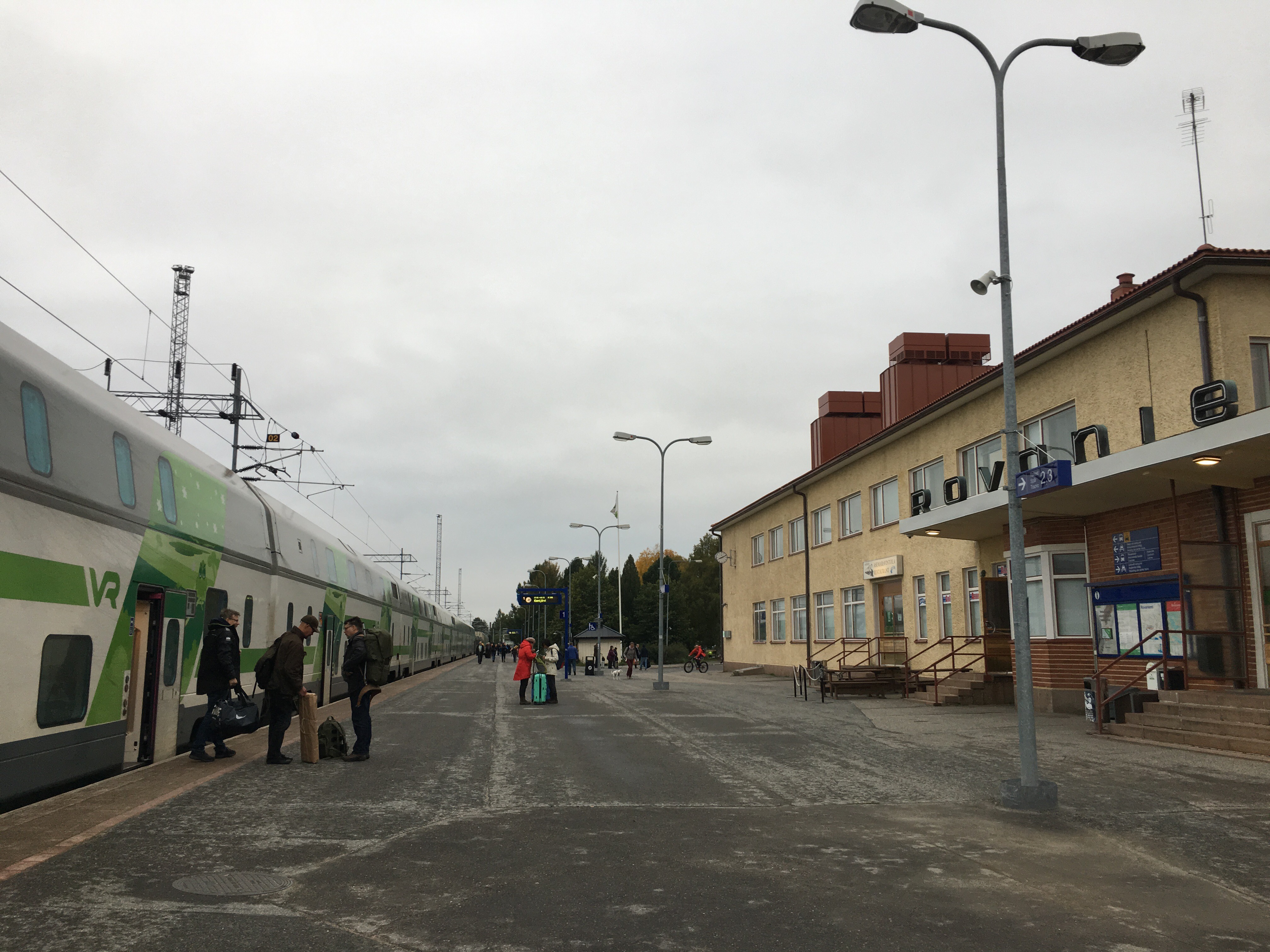Finnish transport minister confirms Rovaniemi – Kirkenes rail survey
Finnish Transport and Communications Minister Anne Berner confirms the survey of a railway line between Rovaniemi, Finland and Kirkenes, Norway.
“International cooperation is key,” she says.
“We have started a cooperation with Norwegian authorities on investigating the profitability and potential for building the Arctic Railway. The purpose of the project is to survey potential railway lines and arrive at a potential business model,” Berner tells High North News.

Both Norwegian and Finnish authorities will as early as on February 28, 2018 be in possession of more specific cost information, not to mention actual route proposals for the Arctic Railway.
“An open connection from Finland to Europe, i.e. a tunnel between Helsinki and Tallinn, is a precondition for the Arctic Railway. Investigations here are ongoing and Rail Baltica is now in a planning phase,” the minister says.
Cooperation is key
It is crucial for Berner that there is an international cooperation when investigating demanding navigation routes in the Arctic.
“The initiative of the Chinese President Xi Jinping in discussions with the Russian Prime Minister about proceeding with the plans for the Northern Sea Route in order to realize an ‘ice-Silk Road’ and creating various connection projects is considered positive,” Berner says.
She argues that the Northern Sea Route and the infrastructure linking Asia to Europe must be further developed.
“International cooperation plays a key role when doing research into navigation routes, climate and environmental changes in the Arctic. The Northern Sea Route must be considered a transport connection that complements land-based railway routes and the Suez Canal,” she says.
Emphasizing industry
According to Berner, the purpose of a Norwegian-Finnish survey will be to investigate the necessity of building an Arctic railway during the next 10 years. The survey will cover a technical, economic and environmental realization of the project.
“We are to assess the ripple effects of such a railway in both a local perspective as well as as a part of a wider transportation system. Routes towards a Norwegian port shall be explored in collaboration with Norwegian authorities,” the minister says.
The feasibility study consists of three parts.
“The technical part is about potential railway routes, terrain corridors and more detailed investment costs,” Berner says.
In addition, environmental and cultural aspects are to be taken into consideration.
“The demand for goods and passenger traffic will be investigated. The survey will emphasize the mining industry, foresting, wood processing, reindeer herding and tourism,” Berner says.
Look ahead
The potential demand for a railway line will be emphasized in a longer-term perspective.
“And in such a perspective, we thus take into consideration the entire Arctic development, including the potential for the Northern Sea Route,” the minister says.
The study will further assess the effects of the various alternatives that emerge, both regarding Finnish and Norwegian transport systems and logistics status.
“We will assess environmental impact based on existing knowledge; regional consequences of railway lines for industries such as reindeer herding and tourism,” Berner says.
The article was translated from Norwegian by Elisabeth Bergquist.